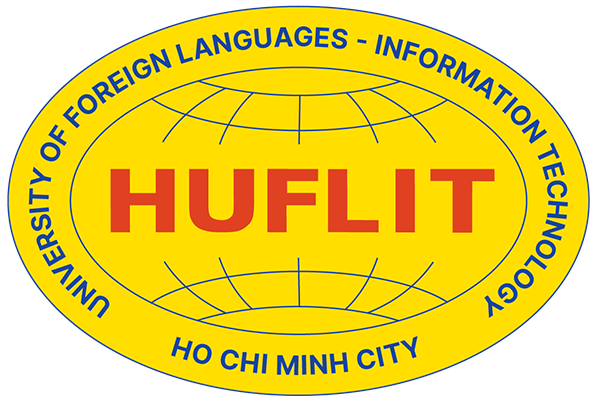-
HUFLIT tổ chức chuyên đề chăm sóc sức khoẻ tinh thần cho người lao động lần thứ haiVừa qua, HUFLIT đã tổ chức chuyên đề Chăm sóc sức khỏe tinh thần người lao động lần thứ hai. Chuyên đề nhận được sự tích cực tham gia của đội ngũ giảng viên, cán bộ và nhân viên HUFLIT.
-
HUFLIT accompanies Teikyo University students on a journey of cultural and academic exchangeBảy sinh viên đến từ Đại học Teikyo (Nhật Bản) đã có chuyến trao đổi học tập kéo dài bốn tháng tại Khoa Ngoại ngữ HUFLIT. Hoạt động không chỉ giúp các bạn nâng cao trình độ tiếng Anh, mà còn mang lại nhiều trải nghiệm sâu sắc về văn hóa và đời sống Việt Nam.
Departure Instructions
Some key highlights before studying abroad for HUFLIT’s students:
1. Passport:
- Currently, Vietnamese passports are valid for 10 years. Students must apply for or renew their passports before submitting a visa application because many countries do not issue visas or allow entry unless the passport is valid for at least 6 months. Please note that the passport processing time may take up to 14 working days or longer. Information and instructions regarding passports can be found here.
2. Visa
Visa application documents for studying abroad in some countries:
[Hàn Quốc] HỒ SƠ XIN VISA DU HỌC.pdf
[Nhật Bản] HỒ SƠ XIN VISA DU HỌC (kèm mẫu đơn cấp visa).pdf
HỒ SƠ XIN VISA TÂY BAN NHA.docx
HƯỚNG-DẪN-XIN-VISA-SANG-ĐÀI-LOAN-HỌC-CHÍNH-QUY.pdf
Students are responsible for submitting visa applications and paying the associated fees. Depending on the country and its requirements, visa processing may take from a few days to several months. Students should visit the website of the Embassy or Consulate General of their home country in Vietnam to obtain the necessary application forms and submit them promptly upon receiving the Acceptance Letter from the partner university.
3. Planned budget:
Planning for financial expenses when studying abroad is crucial. Depending on one’s lifestyle, each student will have different budgets. Below is a list of common expenses that need to be planned before departure:
- HUFLIT tuition fees for each exchange semester
- Study abroad fees
- Study visa fees
- Round-trip airfare
- Health insurance
- Accommodation
- Meals
- Textbooks
- Personal expenses
- Transportation and travel

4. Accomodations:
The partner university will provide dormitories or suggest a list of accommodations for students. Students are free to choose their own place to stay and must inform the responsible person at the partner university about their accommodation address.
5. Airport Transport Service:
Some partner universities will provide airport pick-up services. Students need to inform the responsible person at the partner university about their flight information for convenient arrangements. If the partner university does not offer this service, students will need to arrange transportation themselves using public transportation or taxi services. Students should contact the responsible person at the partner university for guidance.
6. Health Insurance:
Some partner universities will require students to purchase health insurance as part of the enrollment requirement. Students should communicate with the responsible person at the partner university beforehand to obtain the most suitable insurance coverage. In cases where the partner university does not mandate it, having health insurance is still essential to prepare for any emergencies.
7. Keeping in touch with the liaison officer of HUFLIT and the partner university:
Always inform the responsible person at the partner university about any travel plans or movements outside of the residence during the study abroad period. Maintain regular communication with the designated contact person at HUFLIT whenever students encounter any issues during their participation in the program.
CONTACT INFO
Advising education enrollment






